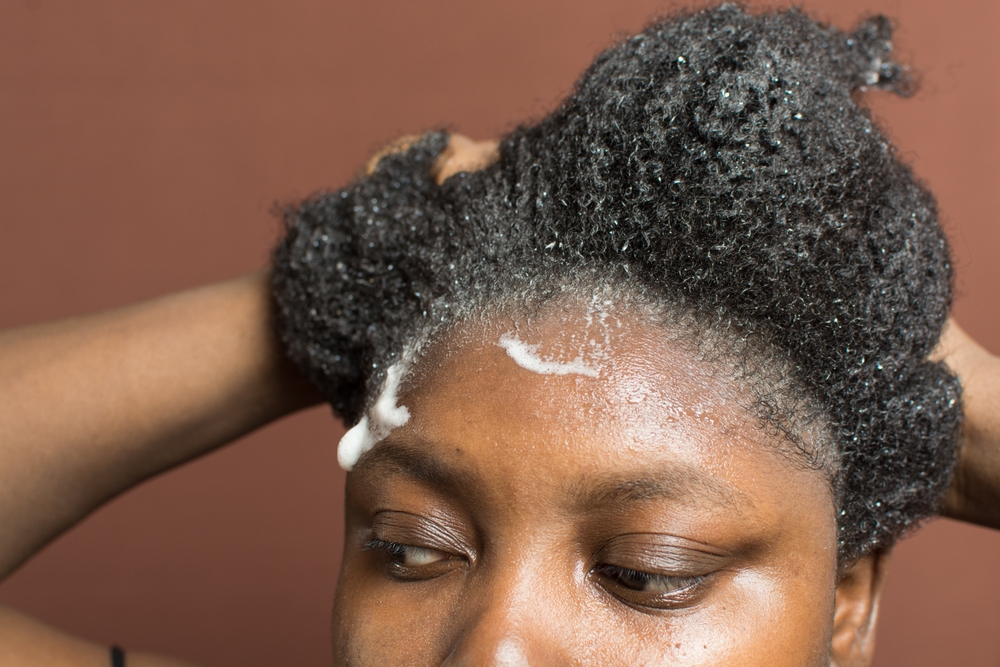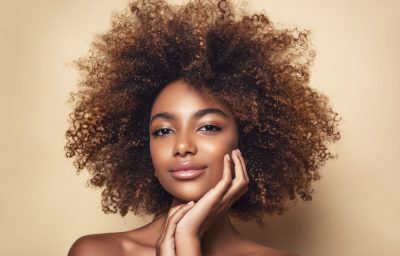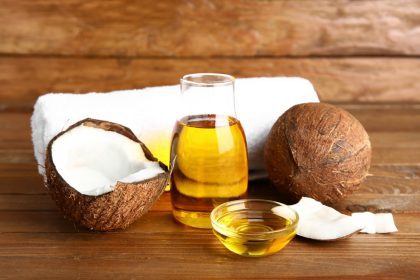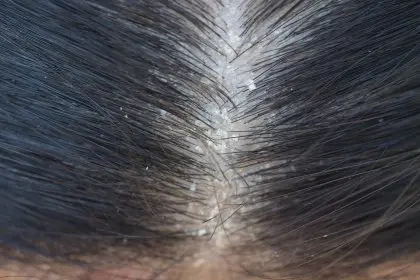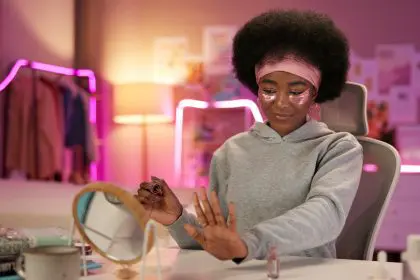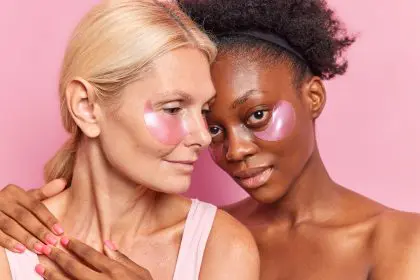The natural hair movement has fundamentally transformed beauty standards for African American women, creating space for the celebration of curls, coils, and kinks in all their varied expressions. This cultural shift has evolved into a thriving industry driven by Black entrepreneurs who prioritize hair health, environmental sustainability, and cultural pride.
From advanced protective styling techniques to eco-conscious product formulations, these innovations empower African American women to embrace their natural textures while addressing specific needs unique to their hair types. The movement represents far more than aesthetic preferences, it embodies economic empowerment, cultural reclamation, and a redefinition of beauty standards.
From movement to multi-billion industry
The natural hair movement, which gained significant momentum in the early 2000s, encouraged African American women to abandon chemical relaxers and embrace their natural hair textures. What began as a cultural shift has evolved into a robust industry, with Black consumers spending over $2.5 billion annually on haircare products, according to Nielsen research.
Black-owned brands have spearheaded this transformation, developing formulations specifically designed to address the unique characteristics of African American hair. These products tackle common concerns including high porosity, moisture retention, and breakage prevention while simultaneously celebrating cultural identity through their marketing and ingredients.
The current wave of innovations builds upon this foundation, blending scientific advancement, traditional knowledge, and creative problem-solving to deliver solutions that are both effective in addressing hair care challenges and empowering in their cultural approach.
3 transformative trends revolutionizing natural hair care
The natural hair care landscape has seen remarkable innovation across multiple fronts, with three key trends emerging as particularly significant:
Advanced protective styling techniques have revolutionized how African American women maintain hair health while expressing creativity. Knotless braids represent a significant breakthrough, gradually feeding in hair without tight knots at the scalp, reducing tension and traction alopecia risk. Crochet braiding enables faster installation of styles like faux locs by using a hook to loop pre-twisted hair through cornrows. For loc wearers, the interlocking technique offers a low-maintenance approach that creates a polished appearance lasting longer between sessions. Supporting these innovations, brands like Alikay Naturals, Mielle Organics, and Taliah Waajid provide specialized products formulated for protective styles.
Eco-friendly hair care lines from Black-owned companies set new standards for sustainability. Pattern Beauty, founded by Tracee Ellis Ross, offers biodegradable formulations in recyclable packaging, featuring ingredients like aloe vera and coconut oil. Camille Rose has gained popularity with products like their Algae Renew Deep Conditioner, emphasizing organic sourcing and minimal plastic use. The Doux, created by hairstylist Maya Smith, bridges salon-quality performance with environmental responsibility through products like their Sucka Free Moisturizing Shampoo that cleanses without stripping natural oils.
Technology-driven personalization is transforming natural hair care through innovative digital tools. Myavana’s HairAI analysis tool scans hair to generate customized product recommendations based on individual characteristics like porosity and curl pattern. In the scalp health arena, Dr. Kari Williams’ Trichology Clinic offers specialized treatments addressing common concerns like dryness and flaking, while making expertise accessible through virtual consultations nationwide.
Cultural pride and economic empowerment
The significance of these innovations extends far beyond cosmetic improvements. They strengthen African American cultural identity by celebrating traditionally marginalized hair textures and styles. Black-owned brands like Pattern, Camille Rose, and The Doux intentionally feature diverse African American models in their marketing materials and incorporate ingredients with African origins, such as baobab oil and shea butter.
Protective styling techniques, many of which have roots in African traditions, provide wearers with tangible connections to their heritage. The popularity of styles like Fulani braids adorned with beads illustrates how hair serves as both personal expression and cultural affirmation for many African American women.
Community building represents another vital dimension of the natural hair movement. Leading brands regularly host educational workshops, pop-up shops, and social media engagement campaigns, such as Pattern’s #CurlChallenge, where African American women share styling techniques and product recommendations. Myavana’s online platform connects users with Black hairstylists, fostering supportive networks. These initiatives create affirming spaces for Black women to celebrate their hair journeys while counteracting generations of Eurocentric beauty standards.
The economic impact has been equally profound. The natural hair industry has created significant opportunities for African American entrepreneurs and professionals. Black-owned brands generate employment across various sectors, from product development to marketing and distribution. Hairstylists specializing in natural hair care and protective styling have established thriving businesses, both in traditional salon settings and as independent practitioners.
The marketplace success of brands like Mielle Organics, which has secured prominent placement in major retailers including Ulta Beauty, demonstrates the substantial economic potential of businesses catering specifically to African American consumers. This commercial achievement represents a significant shift in the beauty industry’s recognition of Black buying power and preferences.
Future horizons for natural hair innovation
The trajectory of natural hair care innovation shows no signs of slowing. Black-owned brands are exploring cutting-edge approaches including biotechnology for developing plant-based ingredients and experimenting with 3D-printed hair tools designed for precision styling of textured hair.
Virtual reality tutorials focused on protective styling techniques are beginning to emerge, offering African American women opportunities to practice complex braiding and twisting methods at home before attempting them independently. As consumer demand continues to grow, many brands are expanding their reach globally, introducing African American hair care expertise to markets throughout Africa and the Caribbean.
The natural hair care revolution continues to empower African American women to embrace their textures with confidence and pride. From innovative protective styles like knotless braids to eco-conscious product lines from companies like Pattern Beauty and Camille Rose, Black-owned businesses are establishing new standards for effective, sustainable hair care.
By thoughtfully integrating tradition, technology, and cultural celebration, these advancements honor African American beauty while simultaneously building community connections and creating economic opportunities. The movement represents far more than aesthetic preferences, it embodies the reclamation of identity and the continuing evolution of beauty standards to embrace the full spectrum of human diversity.

